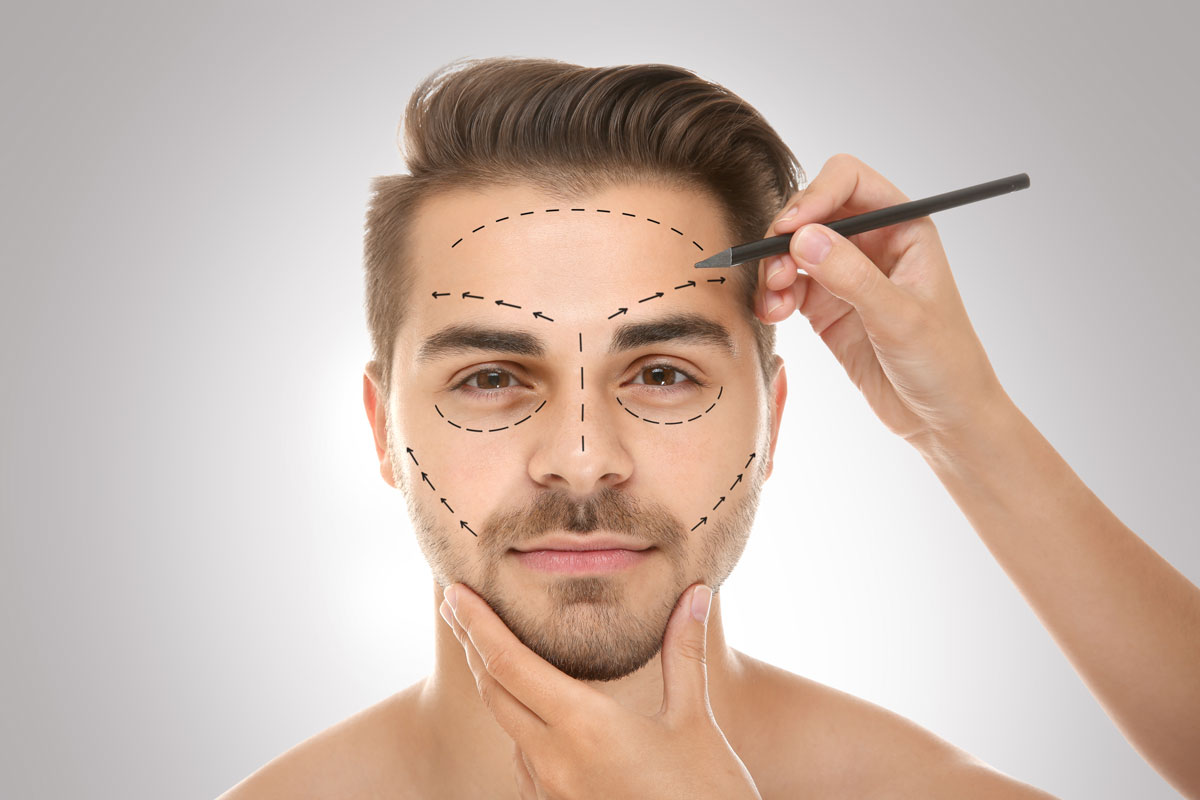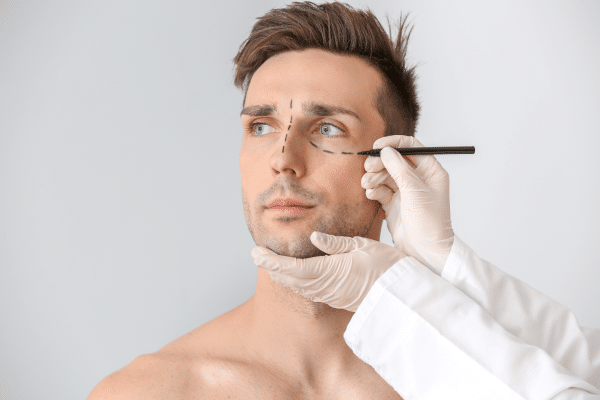A Deep Study the Common Reason for Looking For Cosmetic Surgical Treatment: Unloading the Need for Adjustment and Self-Improvement

Social Stress and Charm Requirements
Frequently, societal stress and prevailing elegance criteria play a considerable function in people' decisions to go after plastic surgery (liposuction bellevue). In contemporary society, graph heavily affects individual understandings of appearance, often continued by media, celebrity endorsements, and social systems. These channels regularly advertise idyllic versions of charm, leading people to internalize these criteria and examine their self-respect against them

In addition, these pressures are not restricted to details demographics; they impact people across different ages, sexes, and backgrounds, highlighting the prevalent nature of charm requirements. This prevalent impact raises essential questions concerning the values of plastic surgery and the effects of societal criteria on specific options. Ultimately, understanding these pressures is important for promoting a much more comprehensive meaning of beauty that celebrates diversity.
Personal Experiences and Transformative Stories
Lots of individuals who go through cosmetic surgical procedure record transformative experiences that prolong past plain physical adjustments. For lots of, these treatments serve as a catalyst for enhanced self-esteem and a renewed feeling of identity. People regularly describe feeling freed from enduring instabilities, resulting in enhanced confidence in both individual and professional realms.
Take, for example, the story of a young lady who went through breast enhancement after years of feeling uncomfortable concerning her appearance. Post-surgery, she reported not just a newfound comfort in her body but likewise a considerable improvement in her social life and job chances. In a similar way, a middle-aged man who selected to go through a renovation shared just how the procedure renewed his outlook on life, prompting him to go after brand-new rate of interests and relationships.

Emotional Factors Behind Plastic Surgery
Numerous emotional aspects contribute to the choice to undergo cosmetic surgical procedure, showing much deeper mental and psychological health considerations. People typically seek medical enhancements as a way to deal with feelings of insufficiency, reduced self-worth, or dissatisfaction with their look. These mental motivations can be rooted in past experiences, social comparisons, or personal ambitions.
Body picture distortion is a common problem, where people view their physical characteristics in an exaggeratedly negative light. This distortion can lead to compulsive ideas concerning perceived imperfections, motivating the need for surgical modification as a service. Additionally, the search of excellence and societal pressures can magnify these feelings, pushing people toward cosmetic treatments in hopes of achieving an idealized variation of themselves.
Moreover, the idea of self-improvement plays an essential function. Lots of individuals watch plastic surgery as a pathway to boost their lifestyle, believing that boosted appearance will cause increased social acceptance, better partnerships, this article or enhanced job chances. Eventually, the emotional factors behind plastic surgery underscore the complicated interplay between private self-perception and external influences, revealing the diverse nature of the need for adjustment.
The Role of Media in Understanding
In today's society, media plays a pivotal duty fit understandings of appeal and self-worth. Through numerous platforms-- social media, tv, and advertising-- idyllic criteria of charm are commonly shared, affecting individual desires and self-image. These representations often highlight narrow definitions of good looks, primarily including younger, slim, and digitally improved photos, which can create impractical standards for individuals striving to adjust.
The influence of media is further intensified by the pervasive nature of social networks, where individuals are bombarded with curated web content that Check Out Your URL highlights aesthetic improvements, recommending a society of contrast. This continuous exposure can result in sensations of insufficiency among customers, prompting them to consider cosmetic surgical treatment as a way of accomplishing the viewed ideal. Research shows that people that engage with these media depictions are more probable to reveal discontentment with their appearance, strengthening the need for surgical treatments.
In addition, the normalization of plastic surgery in media narratives can desensitize audiences, mounting such treatments as commonplace and also essential for social approval. Hence, the media's representation of beauty not just affects private options regarding cosmetic surgery however also contributes to a broader social discussion regarding self-regard and identity.
Ethical Factors To Consider and Future Fads
Amidst the growing popularity of plastic surgery, moral considerations bordering the technique have come to be significantly prominent. As the need for procedures rises, so as well do worries relating to notified consent, the mental motivations of patients, and the capacity for exploitation by cosmetic surgeons. It is vital for specialists to ensure that clients completely comprehend the advantages and threats, along with the implications of their choices, to promote an accountable strategy to aesthetic enhancements.
In addition, the influence of social media and elegance standards questions regarding the effect on psychological health and wellness, particularly among at risk populations. As awareness of body picture problems grows, moral technique necessitates a mindful evaluation of the motivations behind medical interventions. Doctors need to stabilize patient needs with ethical duty, making sure that decisions are rooted in real self-improvement instead than societal stress.
Looking to the future, trends might change in the direction of non-invasive and highly progressed treatments, emphasizing person security and fulfillment. In addition, the incorporation of psychological examinations can aid address underlying issues prior to medical intervention. The cosmetic surgical treatment field must adjust to i was reading this these moral challenges while advertising a society of transparency and self-acceptance, eventually prioritizing the well-being of clients.
Conclusion
In conclusion, the search of cosmetic surgical procedure is influenced by an assemblage of societal stress, individual experiences, and mental elements. The need for alignment with prevailing appeal requirements, combined with the capacity for transformative outcomes, emphasizes the complex inspirations driving individuals toward these procedures. In addition, the role of media fit perceptions of appeal can not be downplayed. As ethical factors to consider progress, future patterns in plastic surgery will likely reflect recurring societal dialogues bordering self-improvement and private identity.
Often, societal stress and prevailing appeal criteria play a considerable duty in people' decisions to pursue cosmetic surgical procedure. liposuction bellevue. Eventually, these transformative tales highlight the multifaceted reasons people look for cosmetic surgical procedure, linking personal growth with the pursuit of aesthetic enhancement
Lots of people view cosmetic surgery as a pathway to improve their quality of life, thinking that boosted appearance will lead to increased social acceptance, far better partnerships, or boosted career chances. Eventually, the emotional factors behind cosmetic surgical treatment emphasize the intricate interplay between individual self-perception and external influences, disclosing the diverse nature of the desire for modification.
As honest considerations evolve, future trends in cosmetic surgery will likely show recurring social dialogues surrounding self-improvement and private identity. liposuction bellevue.